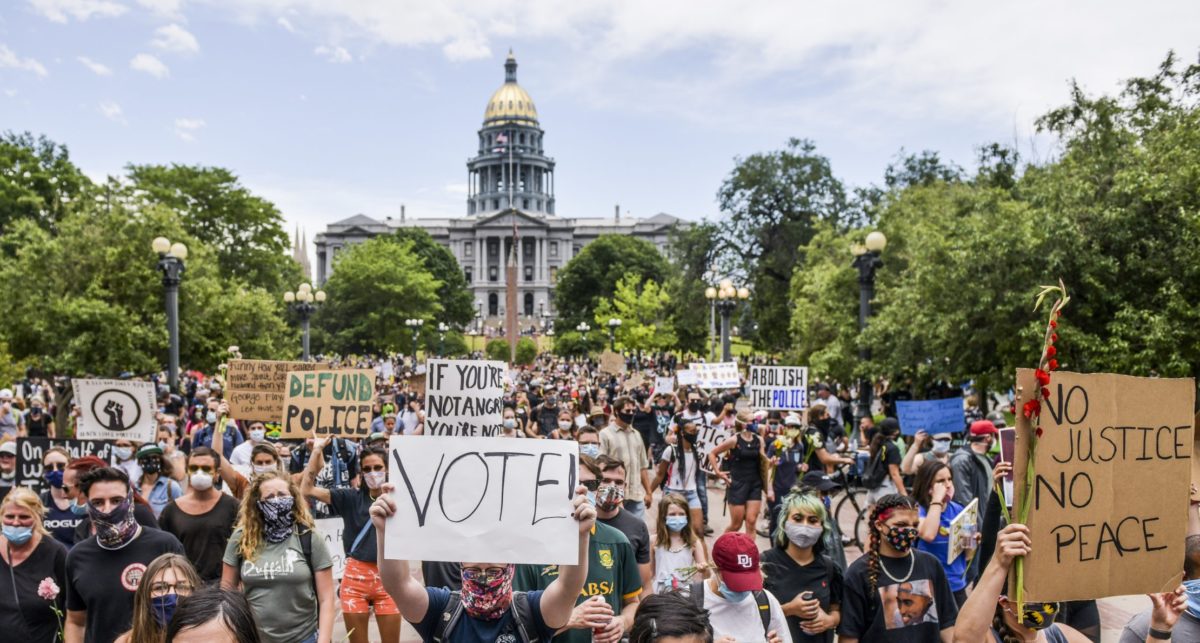
How States Transformed Criminal Justice in 2020, and How They Fell Short
This year of crises, revisited: Nearly 90 state-level bills and initiatives. 16 themes. 7 maps.

This year of crises, revisited: Nearly 90 state-level bills and initiatives. 16 themes. 7 maps.
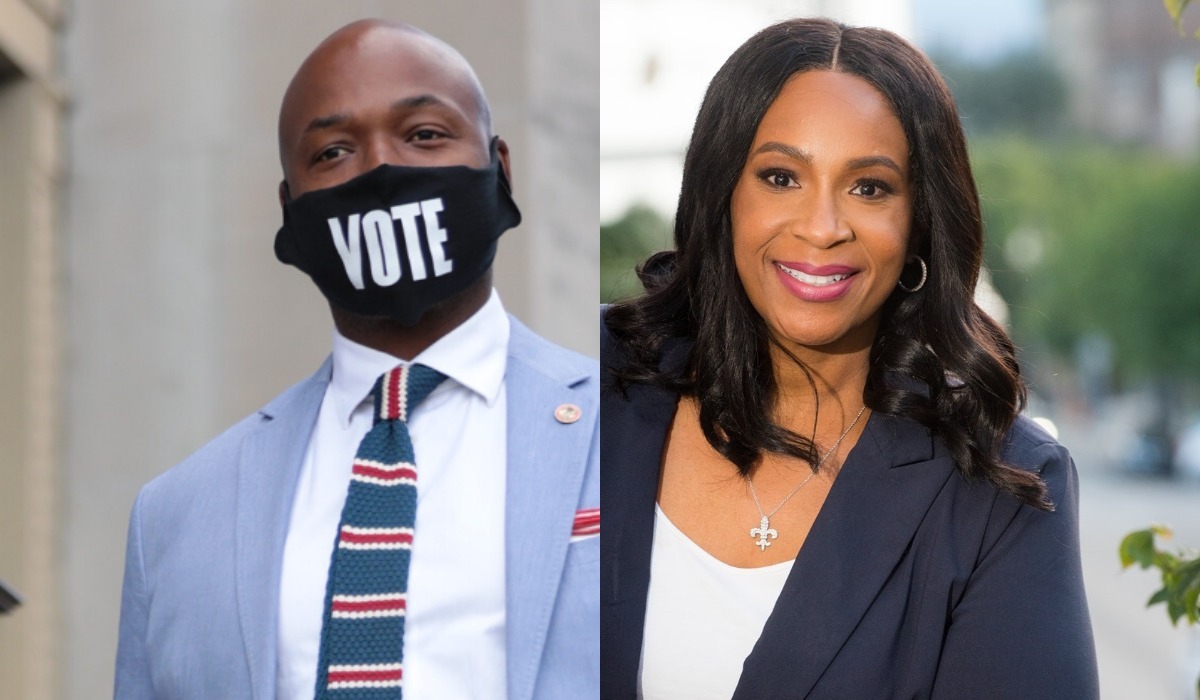
In the nation’s incarceration capital, activists push for a prosecutor who will make sweeping reforms.
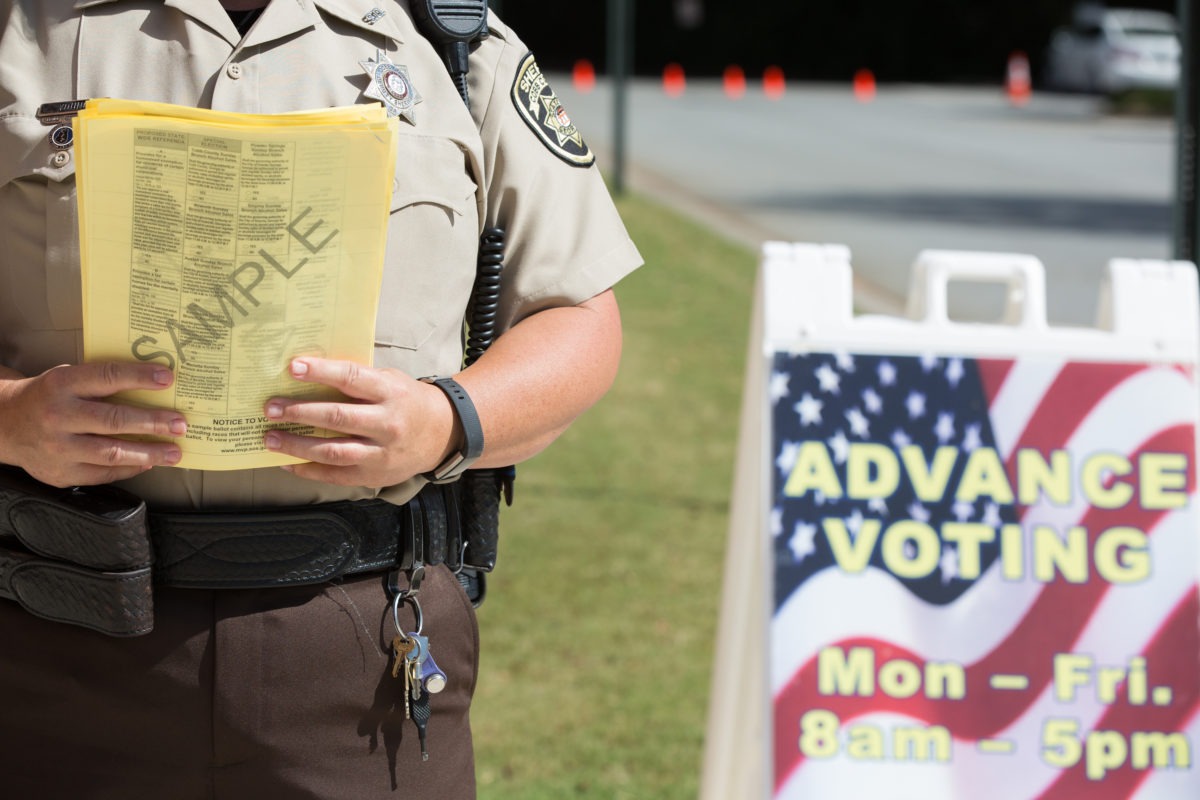
Voters in populous Georgia and South Carolina counties elected sheriffs who ran on ending contracts with ICE.
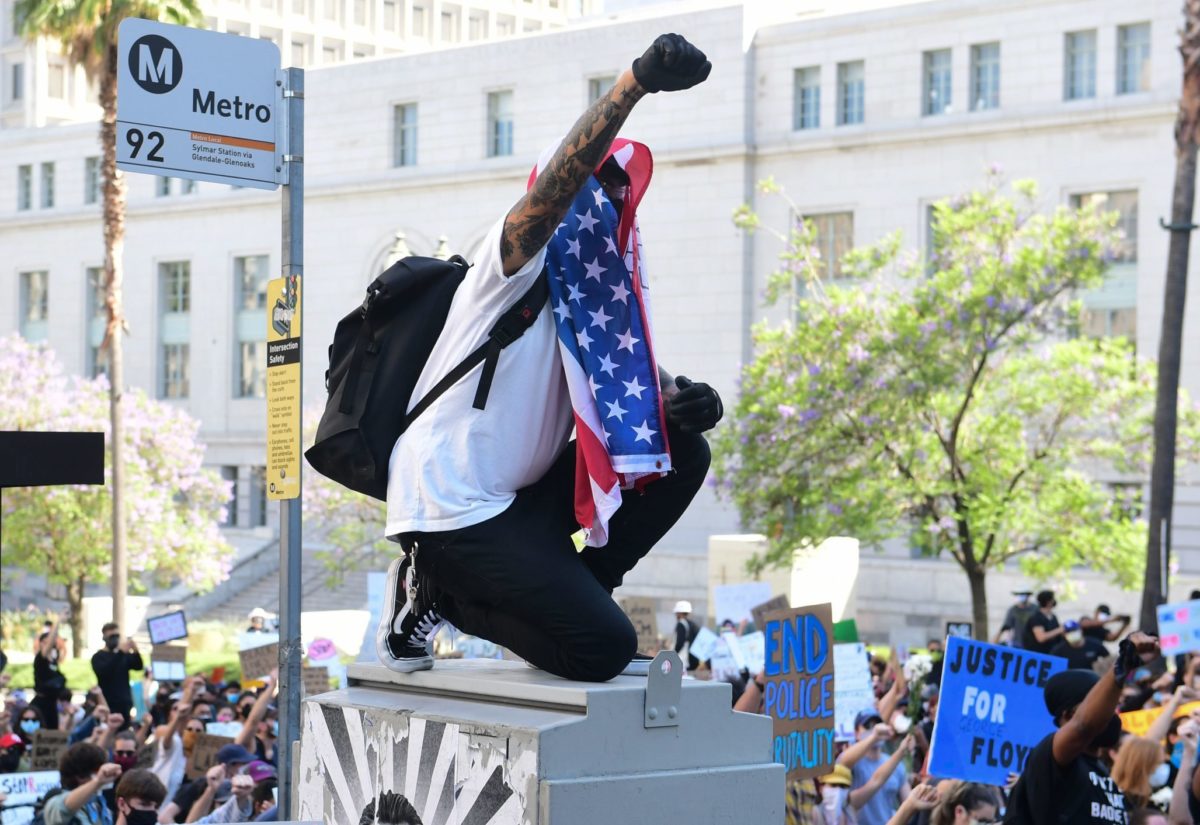
These are the key local elections where criminal justice reform is on the line next month, around the country.
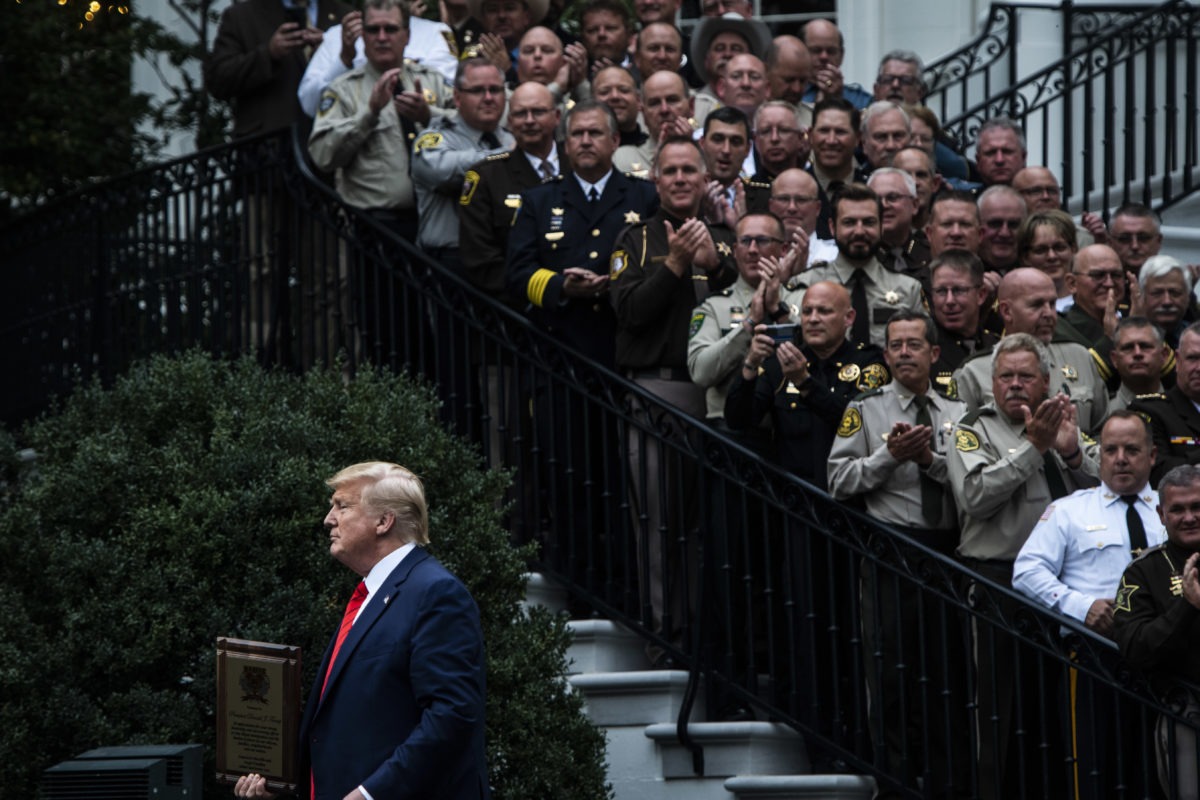
In many places that have long helped arrest and detain immigrants, voters will decide the fate of local partnerships with ICE, possibly dealing a series of blows to the agency.
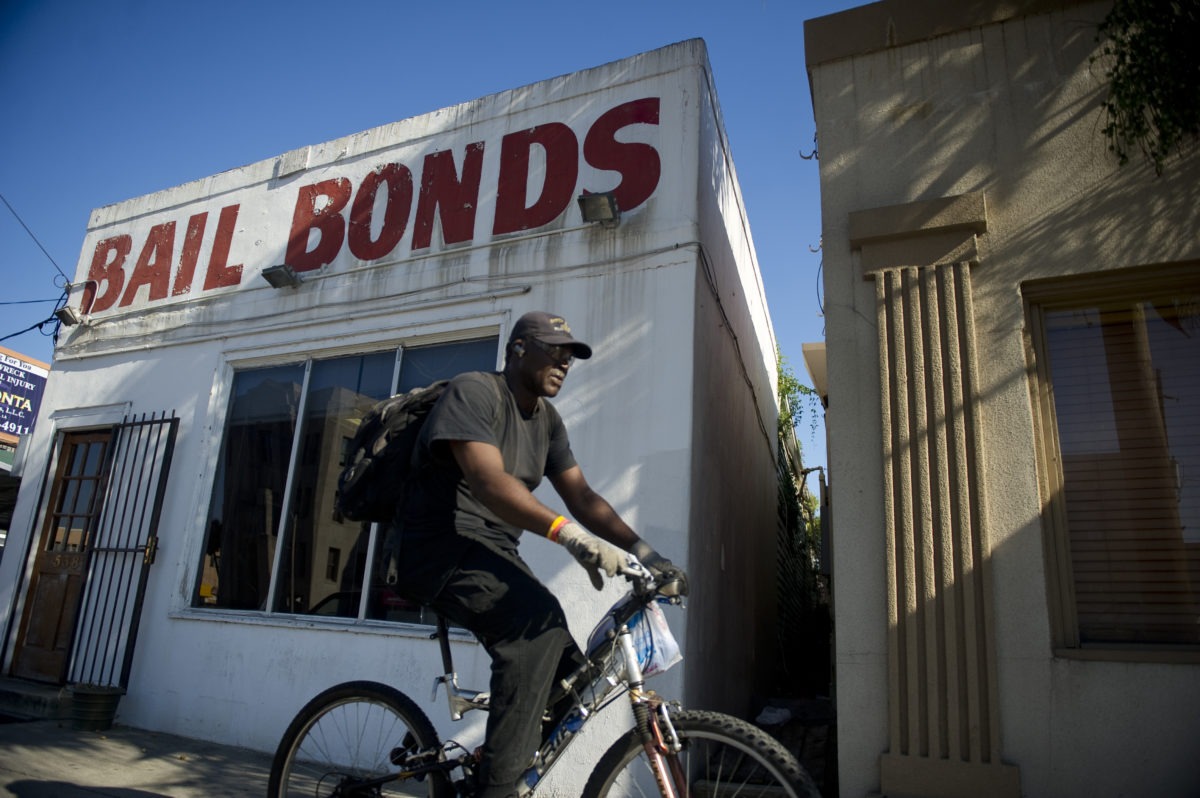
The retirement of a notoriously harsh DA has opened the door for criminal justice reform in New Orleans.

Eliseo Santana, running for sheriff in Florida’s Pinellas County, wants to end collaboration with ICE, reduce arrests, and shift some funds toward health services.
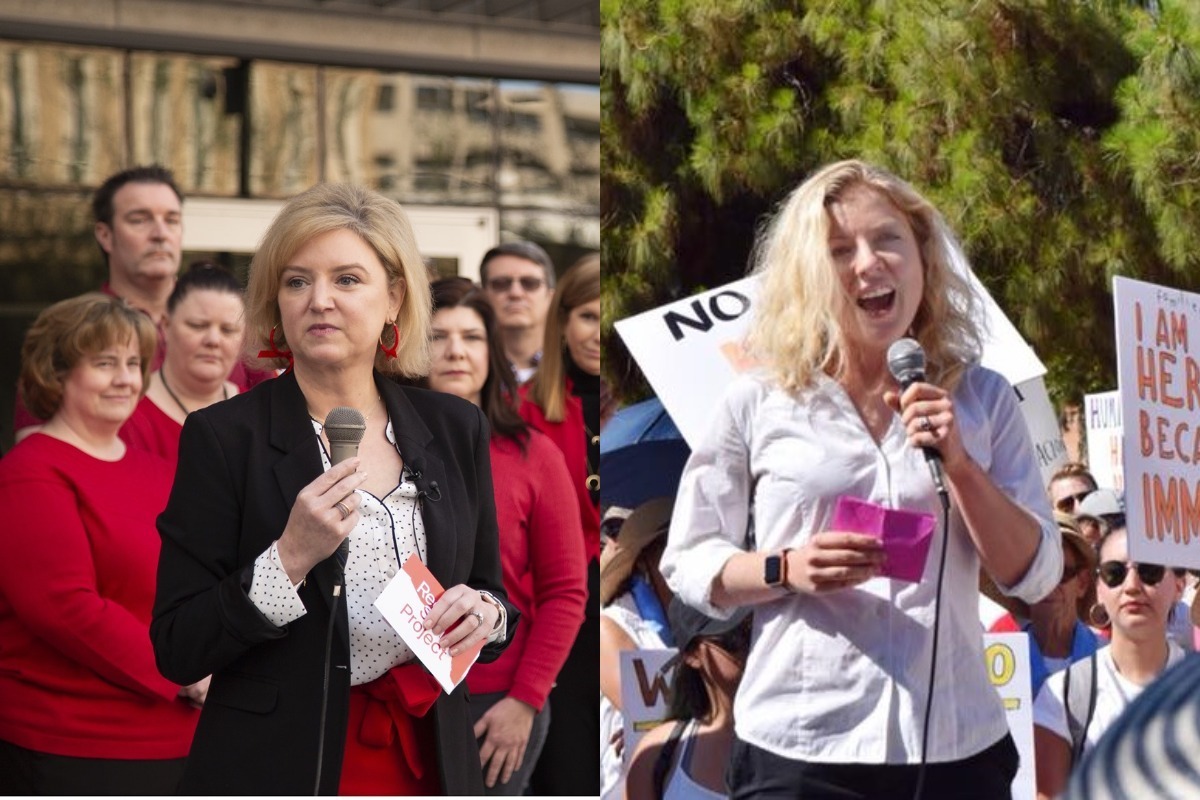
In Maricopa County, years of harsh charging and sentencing policies have sent state incarceration rates soaring. Now that legacy is in question in November’s prosecutor election.

This Massachusetts special election, which starts with next week’s Democratic primary, will shape criminal justice reform prospects in this county—and in state politics.
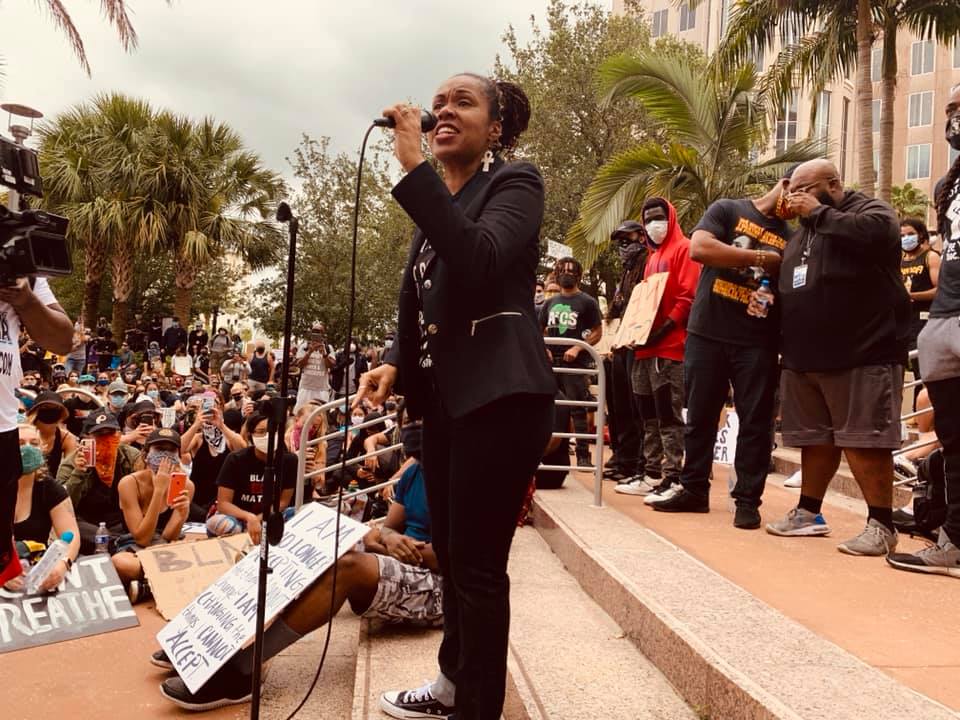
In Florida’s primaries, voters set up November clashes on criminal justice, multiple sheriffs lost re-election bids, and Miami’s prosecutor secured a new term.

Two criminal justice reform advocates, now poised to become high bailiffs, are reimagining this odd office to make the case for civilian oversight on law enforcement.
Nearly all of its 71 DA elections feature a candidate running unopposed. Once again, voters won’t have a say over the shape of prosecution and criminal justice.
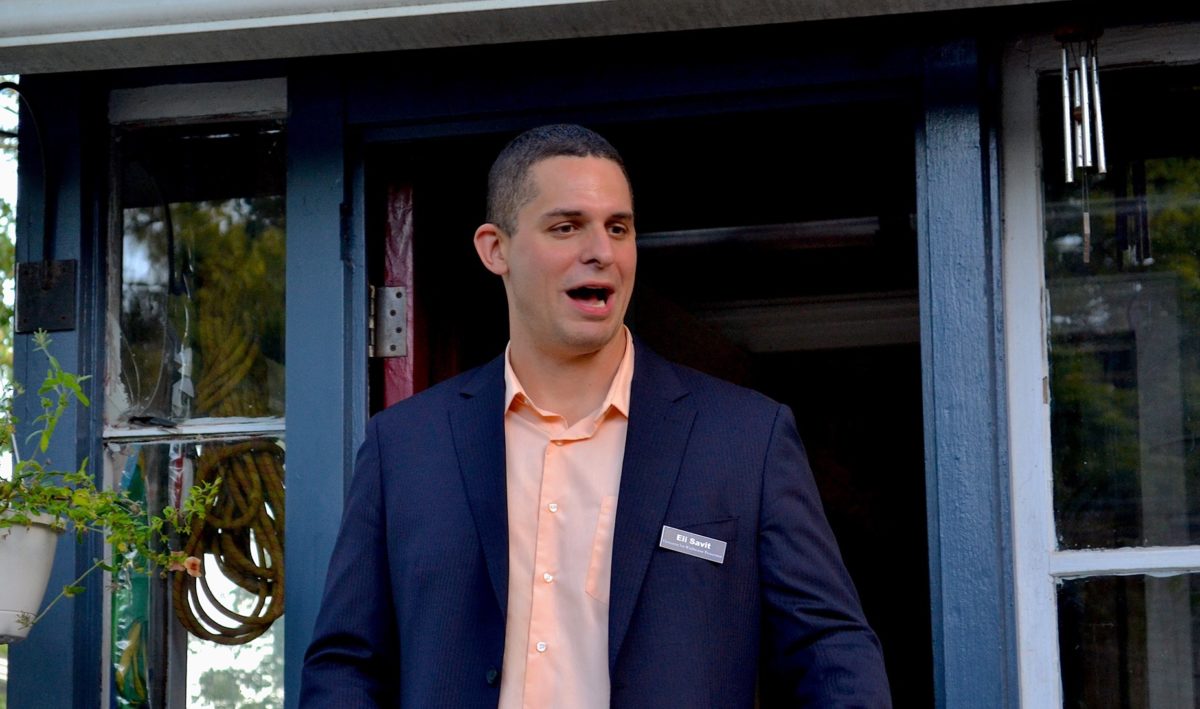
“Maybe we do teach the liberal bastions how things can be done by these country bumpkins over here,” said one winning candidate.
From Aug. 4 to Aug. 8, keep an eye on Arizona, Hawaii, Kansas, Michigan, and Missouri.
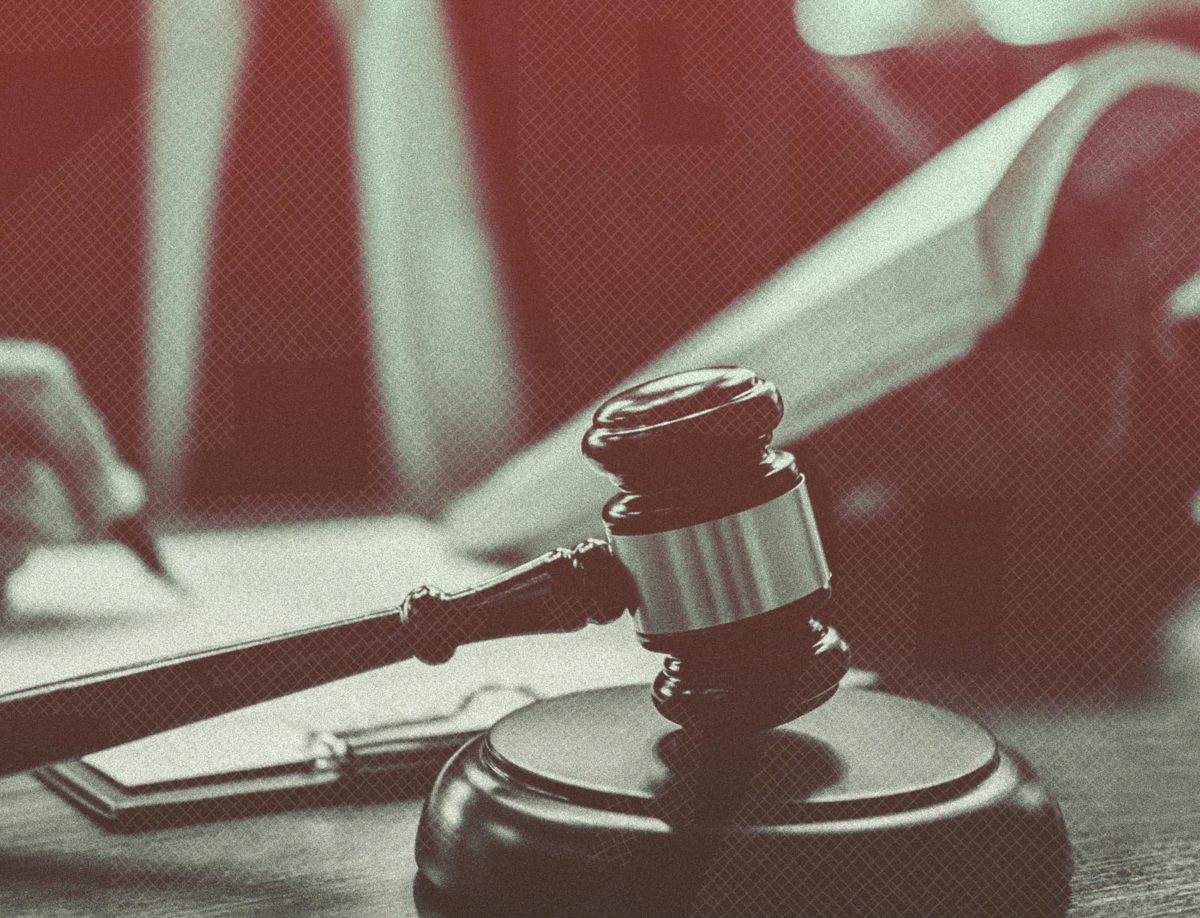
In this Arizona county with over one million residents, two career prosecutors are facing off against a former public defender in the Aug. 4 Democratic primary, which will decide the election.
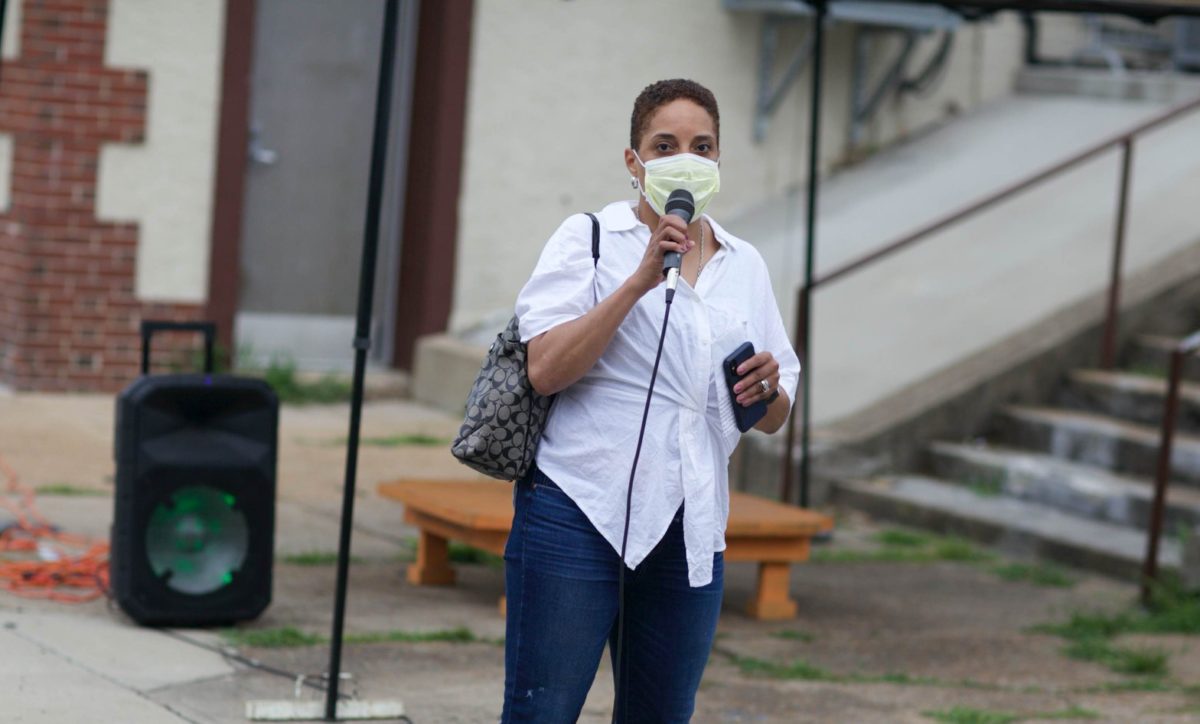
Kim Gardner has an Aug. 4 rematch against a former prosecutor whom she defeated four years ago, but the terrain has shifted significantly since 2016.

DAs keep resigning in election years, and governors keep appointing deputy prosecutors who then get to face voters as incumbents. It happened again this year.
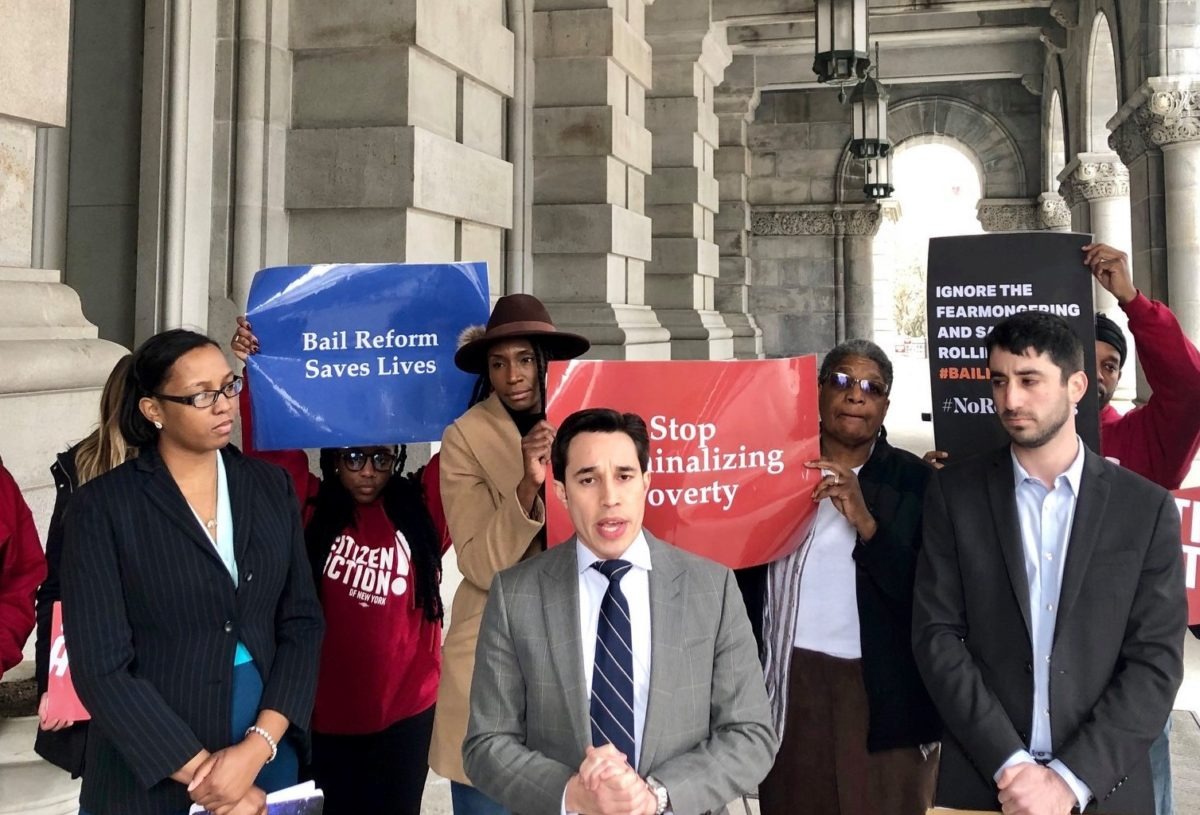
Matt Toporowski, up against the former head of the DA’s association, says he would “walk down the halls with advocates and lobby for progressive reform.”
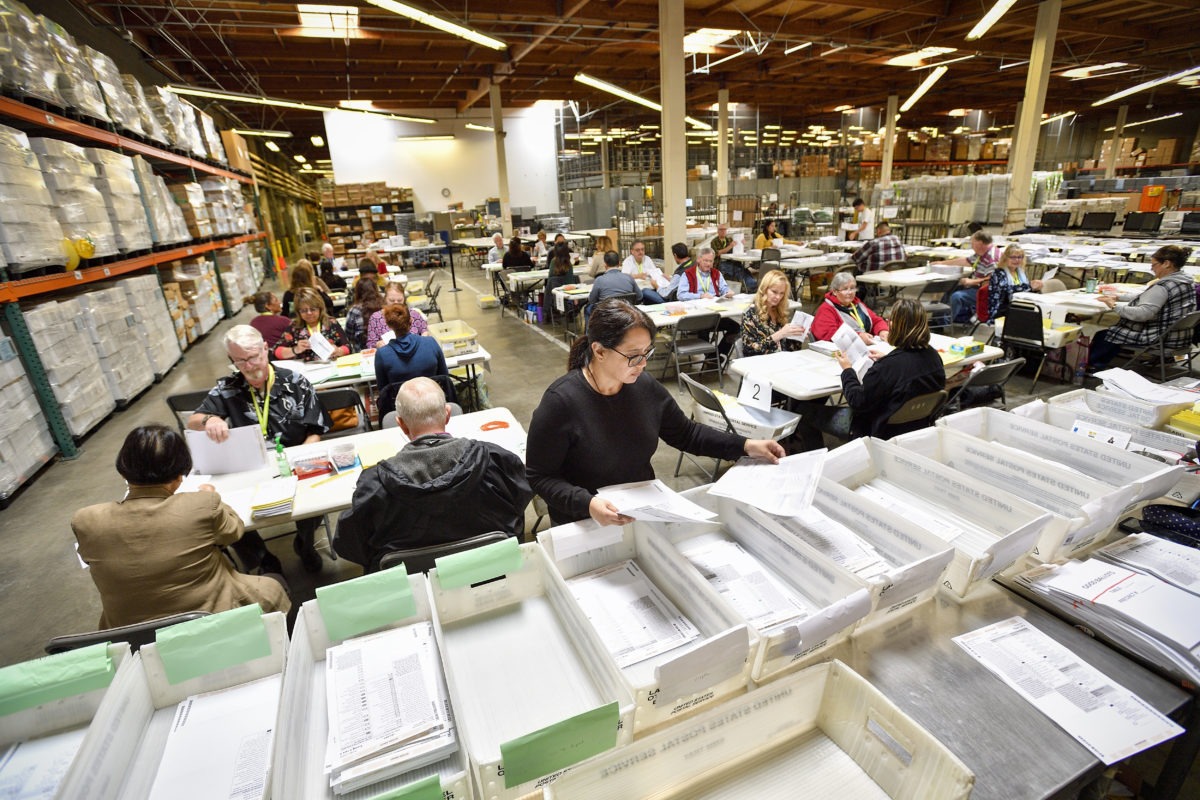
An expert in election procedures unpacks how states should scale up mail voting, and how they should make sure no one is left behind.
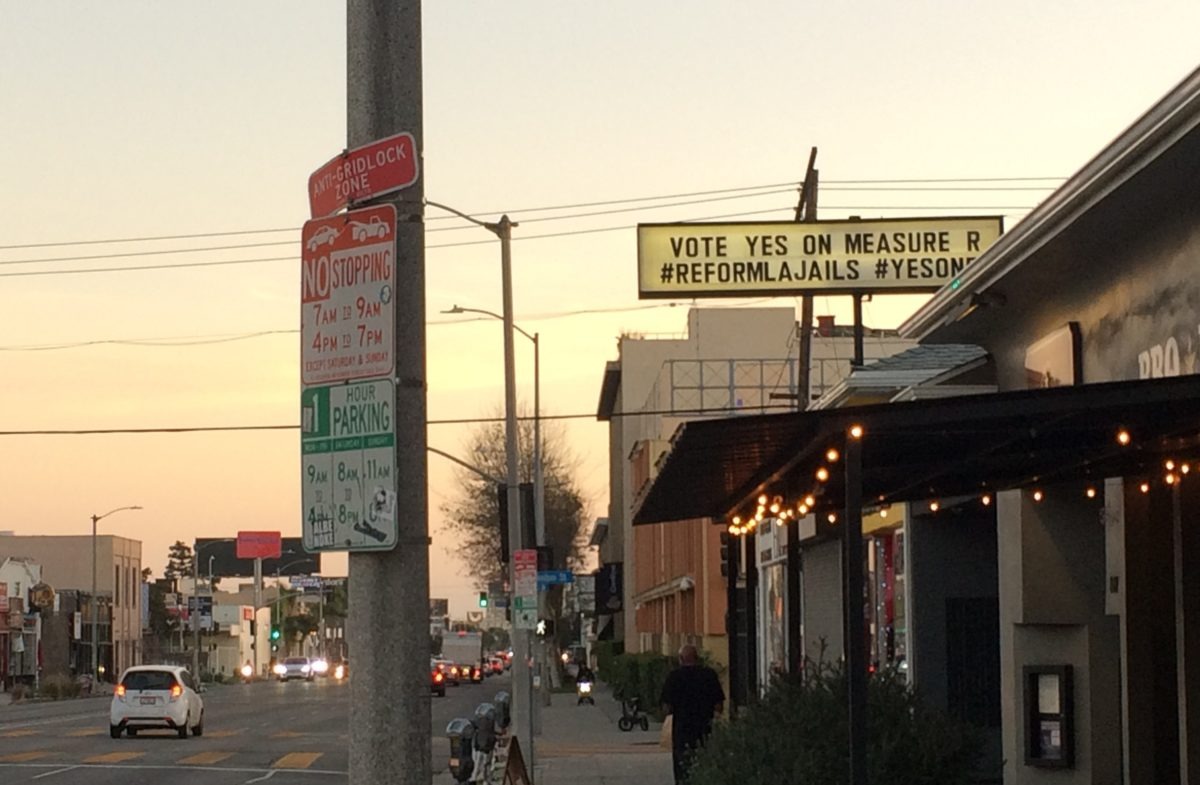
“We’re at a watershed moment for criminal justice reform,” Patrisse Cullors, a co-founder of Black Lives Matter, said about Measure R and LA’s upcoming DA election.
The death penalty, drug policy, and bail reform are shaping Texas debates, with primaries just weeks away. But across the state, hundreds of local elections are left uncontested.
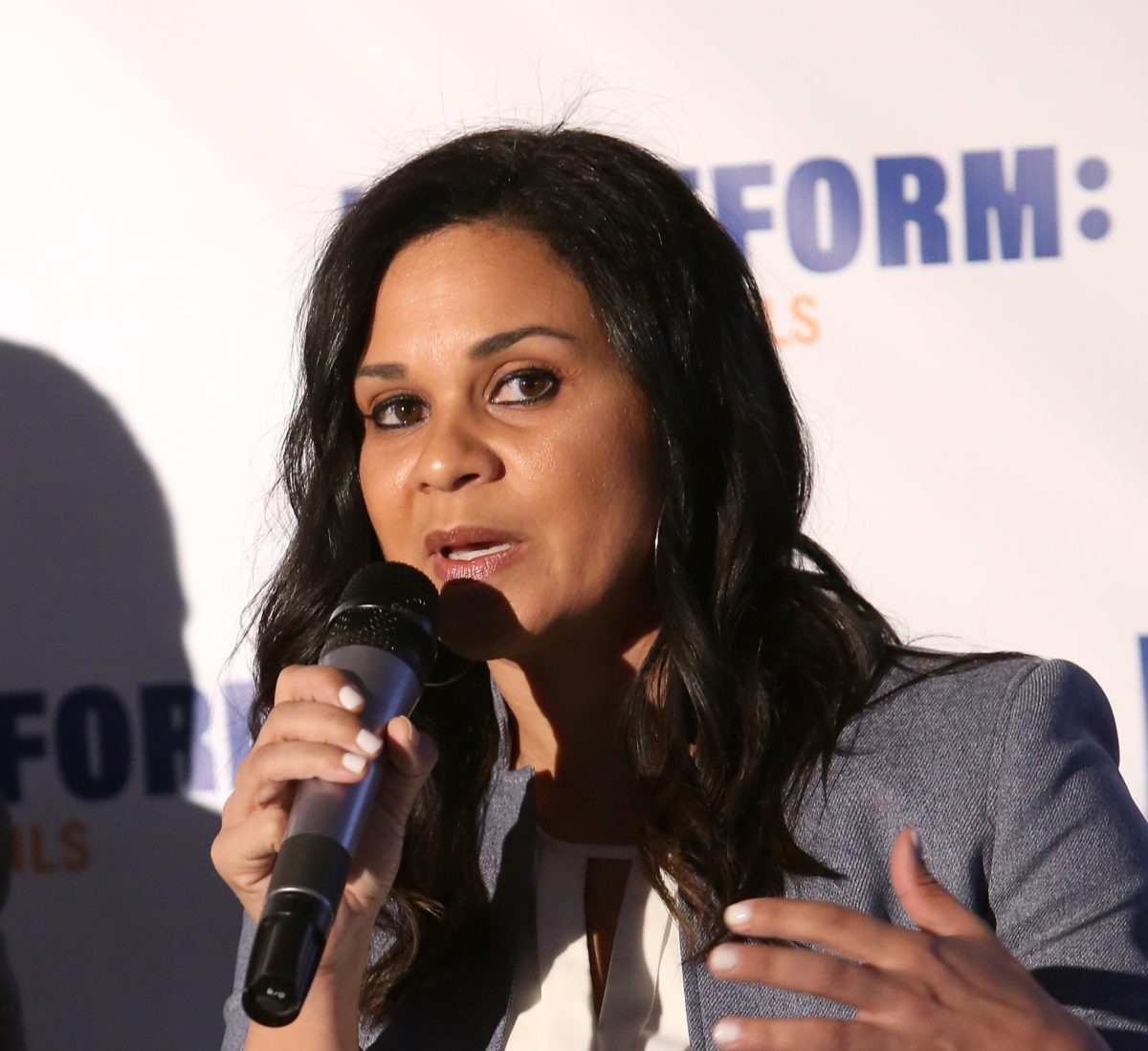
Rossi rules out seeking the death penalty or prosecuting sex work. “Oftentimes justice may mean a restorative outcome. Oftentimes justice may mean never filing a case,” she said in a Q&A.
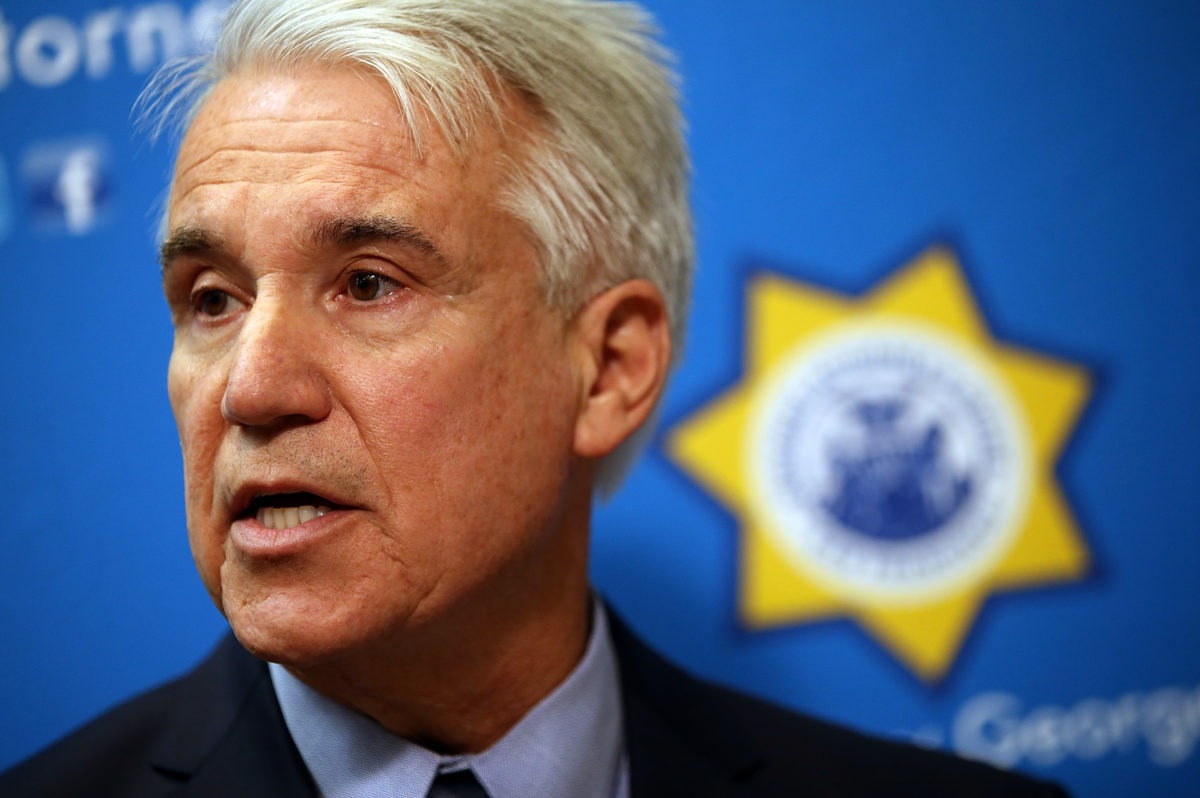
“The problem is that LA County has come to a place where they use the most expensive and the most intrusive tools of the criminal justice system to deal with every behavior,” Gascón said in a Q&A.
We preview the 2020 races for prosecutor in the biggest Illinois counties, starting with the high-stakes election in Cook County (Chicago).
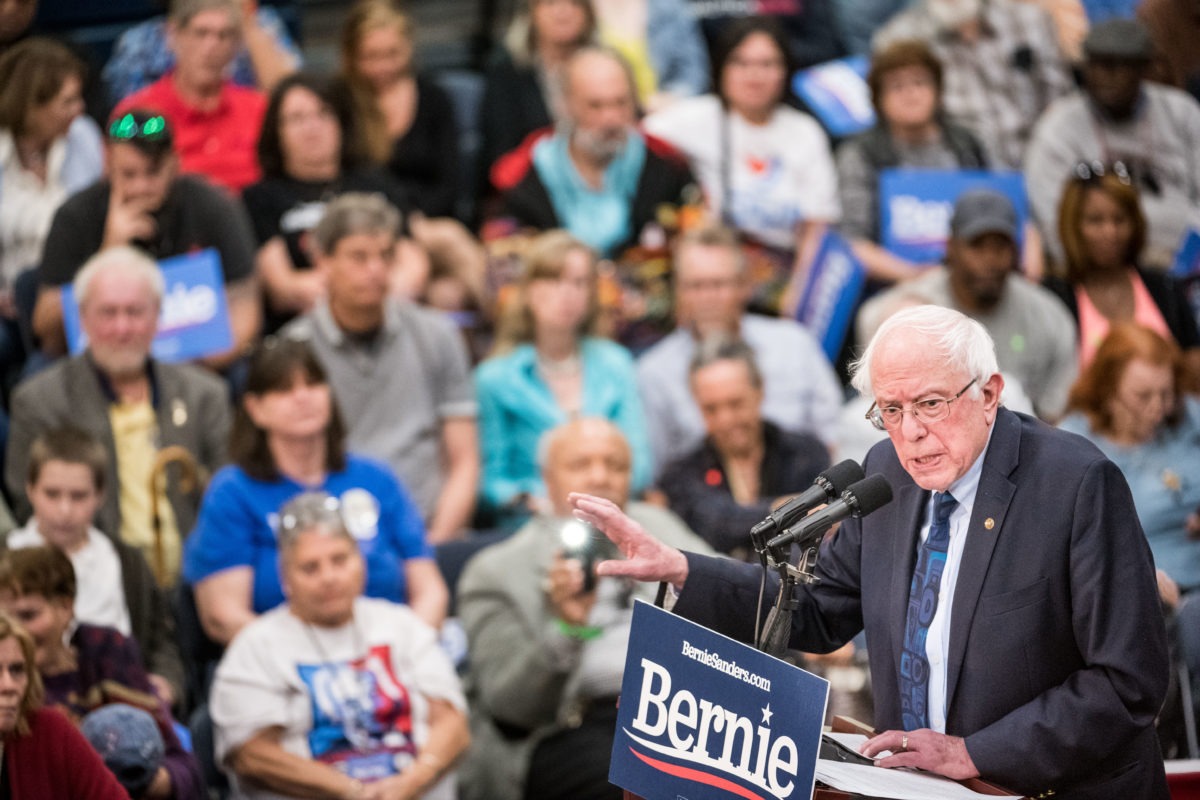
In a Q&A, Bernie Sanders explains why he wants to abolish felony disenfranchisement. “The right to vote is inalienable to my mind whether you’re in jail or any place else,” he said.
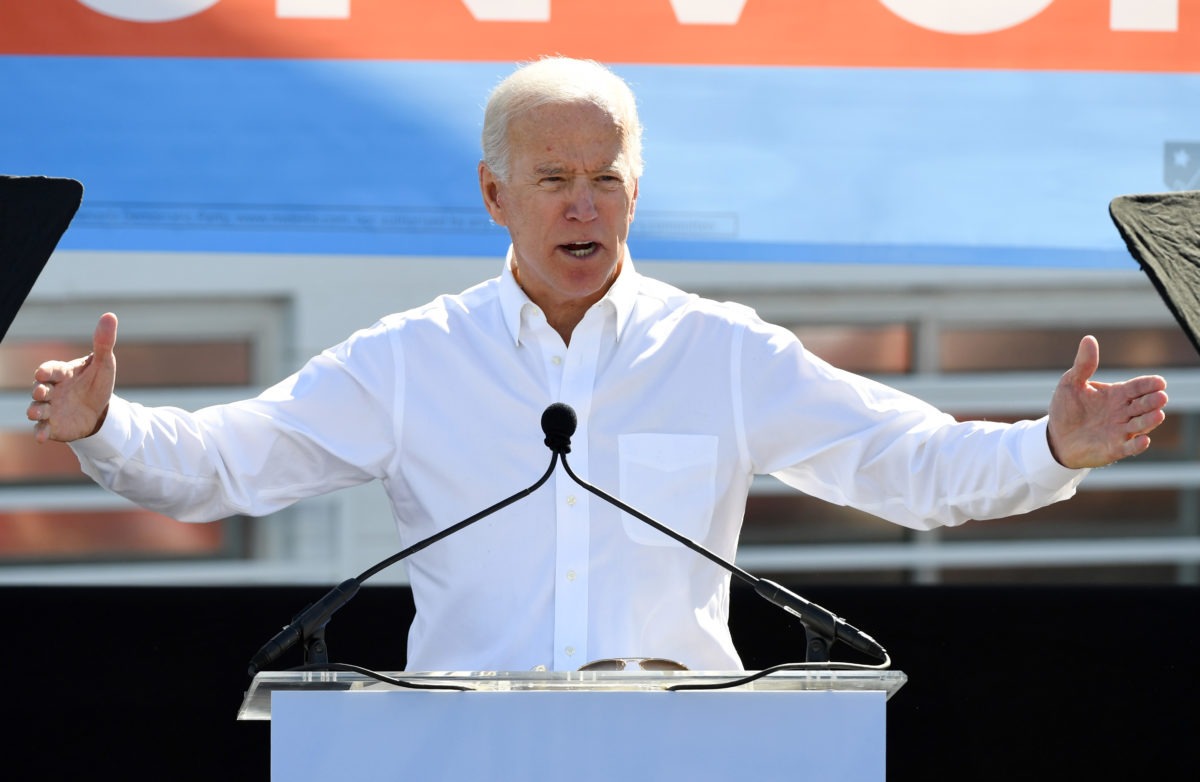
This is the seventh installment of the Daily Appeal series “The Contenders 2020: Criminal Justice in the Race for President.”
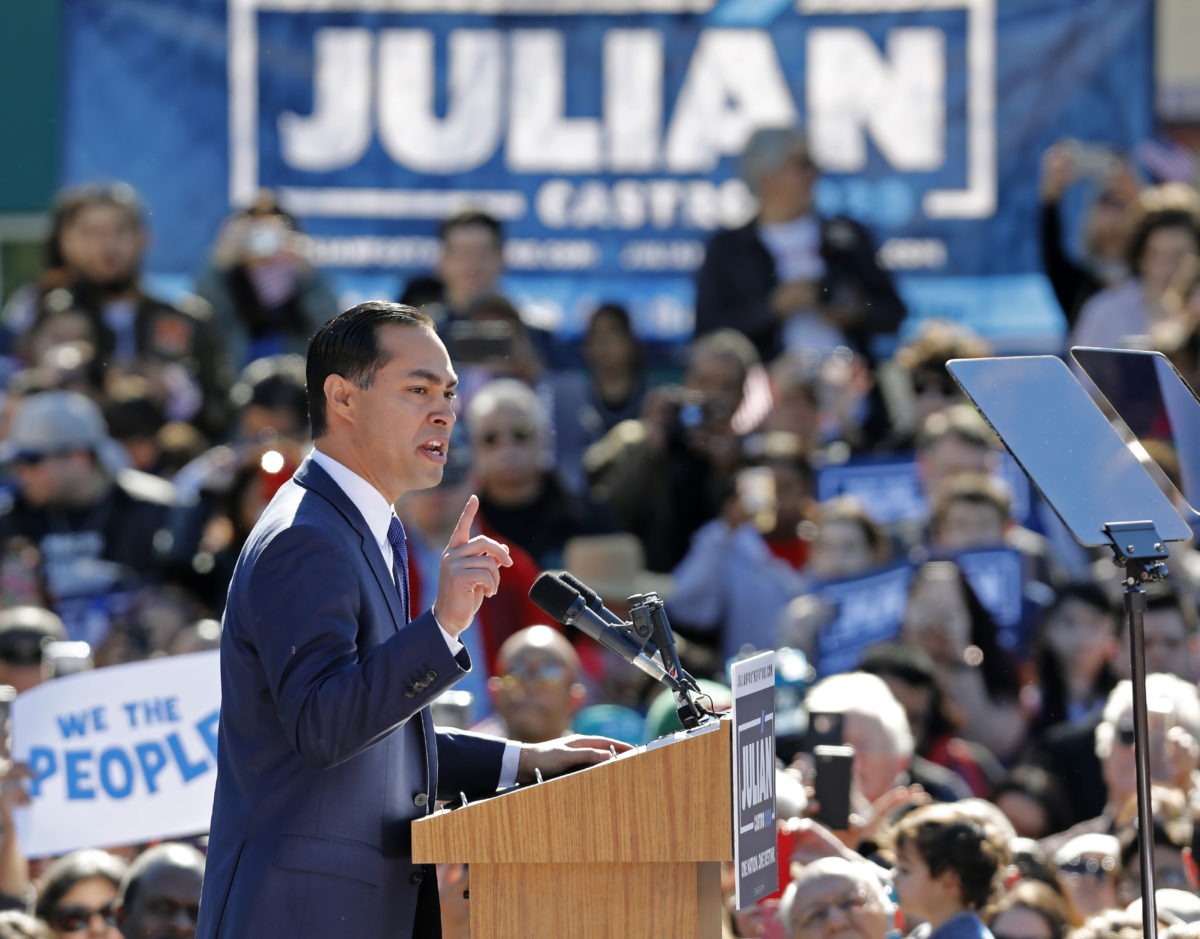
This article is part of the series The Contenders 2020: Criminal Justice in the Race for President. It was published in the Daily Appeal newsletter. “On questions of immigration policy, Democrats know what they’re against,” writes Eric Levitz for Intelligencer. “The party has said, in no uncertain terms, that building medieval walls … and separating migrant children […]
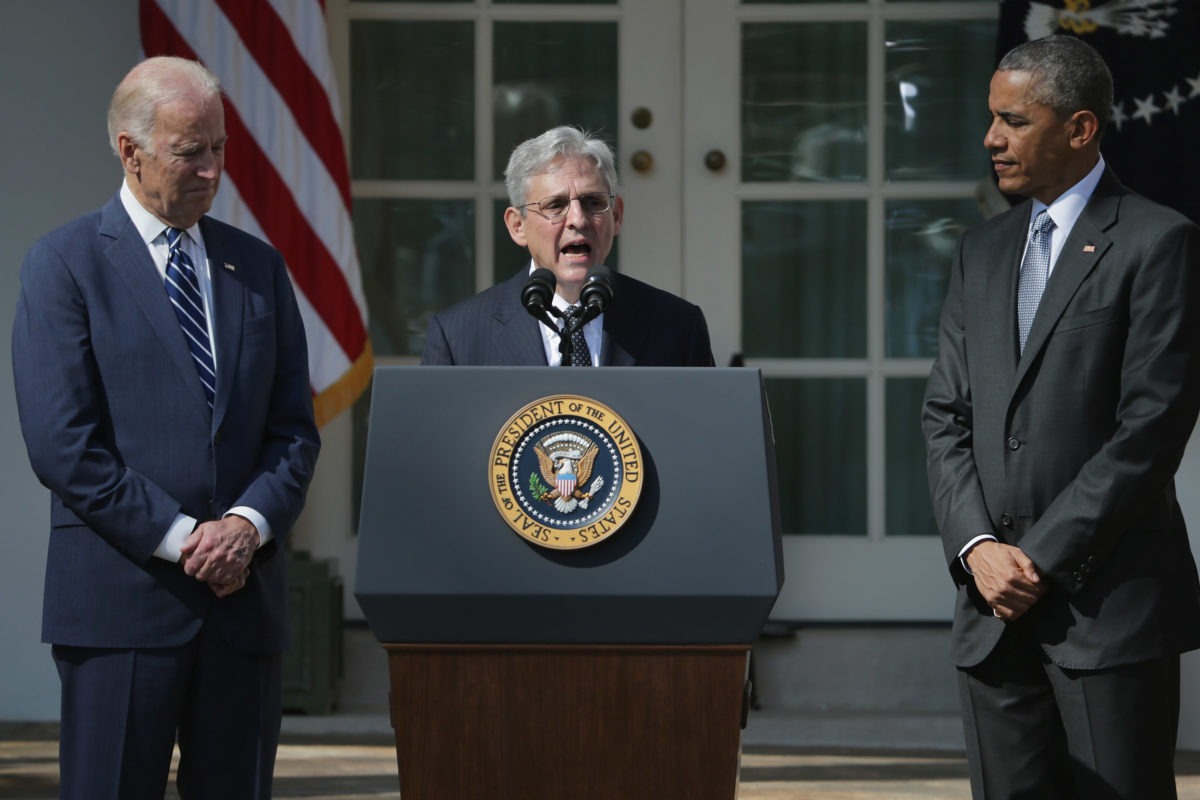
None of Trump’s confirmed or pending judicial nominees has worked as a full-time public defenders.
This is the fourth installment in the series “The Contenders 2020: Criminal Justice in the Race for President.”

Klobuchar implemented the kind of policies that today’s progressives are working hard to dismantle, and she doesn’t seem to see her record as problematic.
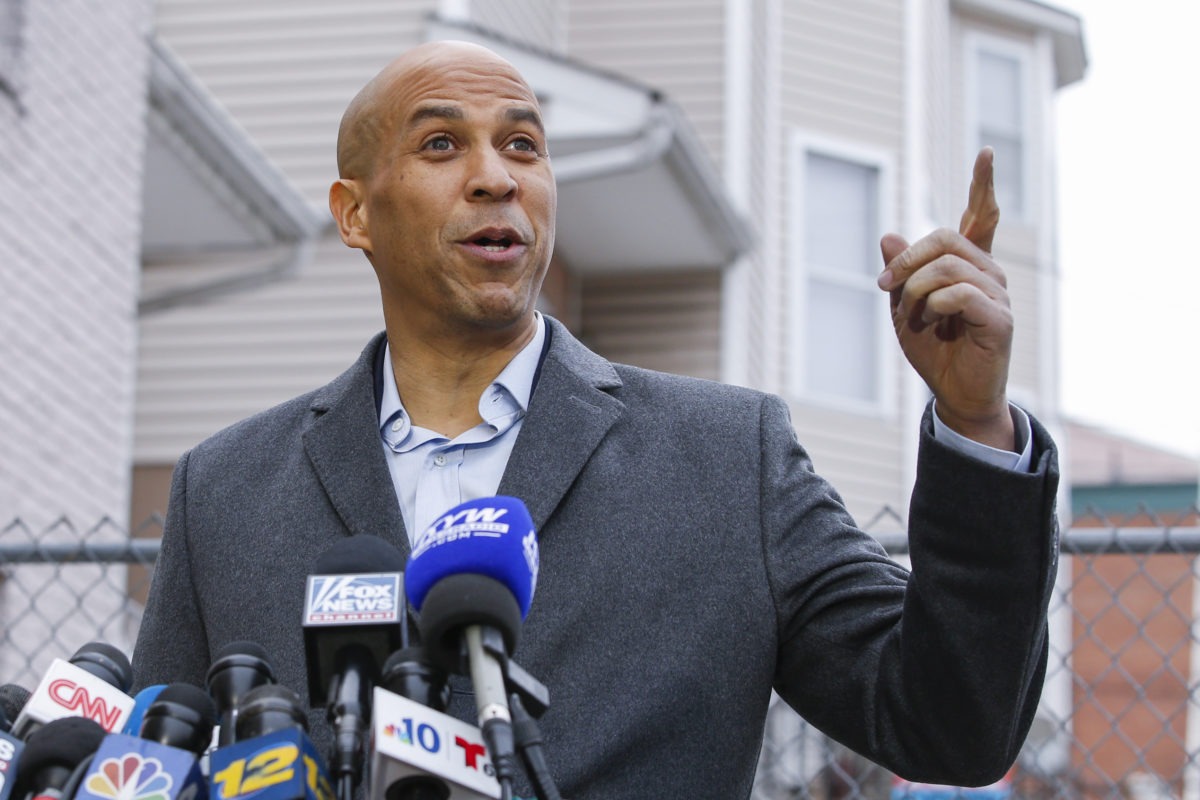
As a presidential candidate, will Cory Booker continue talking about second chances for people convicted of violent crimes?
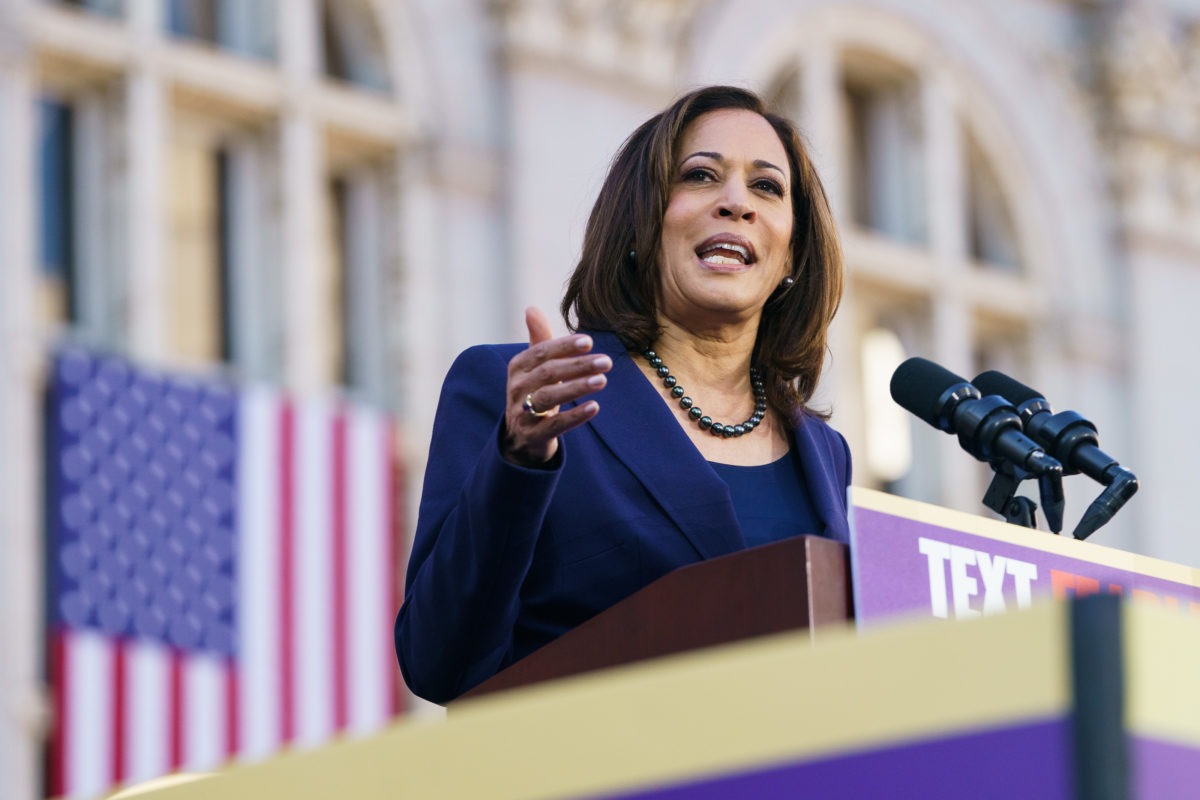
Long after the American public became aware mass incarceration was a failed experiment, Harris failed to support progressive measures to alleviate some of its impact.
Flagler County expanded its county jail in July 2016, more than tripling the number of people it could detain. Later that year, the county elected a new sheriff—Rick Staly—who has since boasted about the record number of individuals in the jail and about the poor conditions therein. Staly has unveiled signs labeling the jail the “Green Roof […]